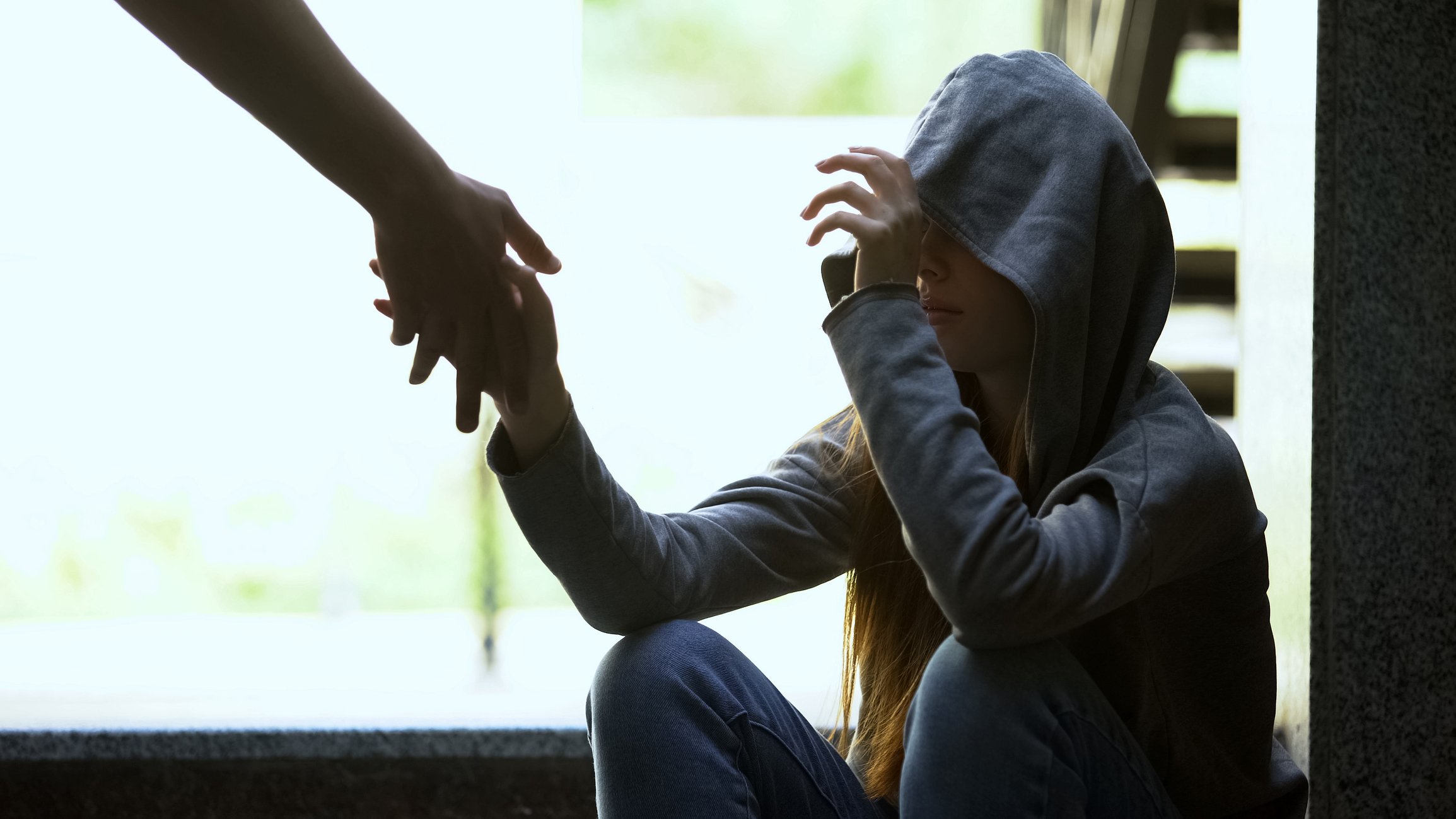Loneliness, Anxiety, and Depression Explained
Introduction
In today’s fast-moving world, it’s easy to feel left behind—especially when emotions like loneliness, anxiety, and depression start to creep in. These words get thrown around a lot, but what do they really mean? And how are they connected?
In this guide, we’ll break it all down in a way that’s clear, relatable, and helpful. Whether you're trying to understand your own feelings or support a friend, this article will give you a solid foundation.
What Is Loneliness?
Loneliness isn’t just about being alone. It’s the feeling of being disconnected from others—even when you're surrounded by people. You might feel invisible in a crowd, left out of a group chat, or like no one truly understands you.
Common Causes of Loneliness:
Moving to a new school or city
Losing touch with friends or family
Rejection or bullying
Spending too much time online without real connection
Signs You Might Be Feeling Lonely:
You feel emotionally distant from others
You crave deeper connections but don’t know how to get them
You spend a lot of time thinking about being left out or misunderstood
Loneliness doesn’t just affect your mood—it can impact your sleep, self-esteem, and even your immune system. Left unchecked, it can lead to bigger mental health challenges like anxiety or depression.
What Is Anxiety?
Anxiety is your brain’s way of preparing for danger—like an internal alarm system. It becomes a problem when that alarm goes off too often or for no clear reason.
Common Triggers:
Social situations
Exams or pressure to perform
Conflict with friends or family
Overthinking or fear of judgment
What It Feels Like:
Racing heart, sweaty palms, shaky hands
Trouble focusing or sleeping
Constant worrying or fear of the worst happening
Feeling tense or on edge
Everyone feels anxious sometimes, but when it becomes constant or overwhelming, it might be a sign of an anxiety disorder. It’s often linked with loneliness and can spiral into depression if left untreated.
What Is Depression?
Depression is more than just a bad day or feeling sad. It’s a mental health condition that affects how you feel, think, and function.
Signs of Depression:
Feeling empty, numb, or hopeless
Losing interest in things you used to enjoy
Constant fatigue or low energy
Changes in appetite or sleep
Negative thoughts about yourself or the future
Depression can feel like you’re walking through life with a heavy weight on your shoulders. It often comes with feelings of guilt, worthlessness, or even thoughts of giving up.
“Loneliness, anxiety, and depression often exist together—but with the right support, teens can absolutely learn to manage them and thrive.”
How Are They Connected?
Think of loneliness, anxiety, and depression as a triangle—each corner feeding into the other.
Loneliness can make you feel anxious in social settings.
Anxiety can make you avoid people, deepening your loneliness.
Prolonged loneliness and anxiety can lead to depression.
And vice versa: depression can cause you to withdraw socially, which leads to more loneliness and isolation. It's a cycle—and knowing that cycle is the first step to breaking it.
Why It Matters
According to NHS data, rates of anxiety and depression have increased dramatically in teens over the last decade. The rise in screen time, social media pressure, academic expectations, and lack of real-world connection all play a role.
These struggles can impact every part of life—from school performance and friendships to physical health and confidence. But here’s the thing: you are not alone, and you’re not stuck feeling this way forever.
How to Cope and When to Get Help
While it’s normal to feel lonely, anxious, or low from time to time, it’s important to act early—before things spiral.
Coping With Loneliness:
Reconnect with someone you trust—even a short message can help
Join a club or community with shared interests
Spend time offline to focus on real connections
Coping With Anxiety:
Try breathing exercises or guided meditations
Keep a worry journal to track and challenge anxious thoughts
Use grounding techniques (e.g., name 5 things you can see)
Coping With Depression:
Create a simple daily routine to add structure
Set tiny goals (like getting out of bed or taking a shower)
Speak to someone: a friend, teacher, counselor, or helpline
When to Get Help:
Your emotions feel too heavy to carry alone
You’ve felt this way for more than a few weeks
You’re struggling to function in daily life
You’re having dark or hopeless thoughts
Talking to your GP, a therapist, or a helpline can be life-changing. You don’t have to have it all figured out to ask for help.
Final Thoughts
Loneliness, anxiety, and depression aren’t signs of weakness—they’re signs that you’re human. Everyone struggles sometimes, but the key is knowing that healing is possible, and you’re never truly alone in your fight.
Start by talking. Keep learning. Keep going.
FAQ’s
-
Yes. Chronic loneliness increases stress and lowers self-esteem, which can trigger anxiety and eventually lead to depression.
-
Sadness is a normal emotion that passes with time. Depression is a medical condition that lasts weeks or months and affects your ability to function.
-
Stress is usually linked to a specific situation and goes away when it’s resolved. Anxiety tends to stick around, even without a clear reason, and can feel overwhelming.
-
Yes. Many people experience a mix of these feelings. They often reinforce each other, which is why it’s important to seek support.
-
Talk to someone you trust, like a doctor, counselor, or helpline. You don’t have to face it alone—help is available.







